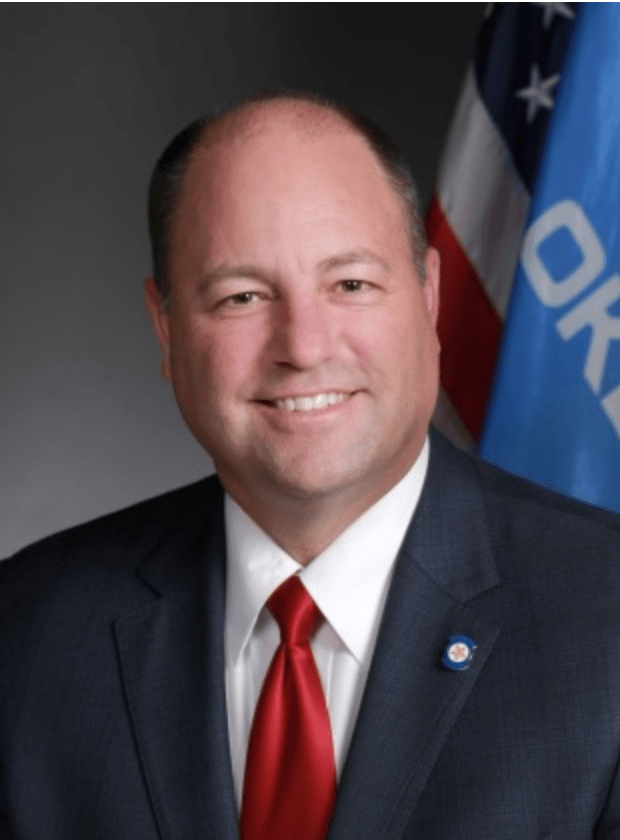
A bill proposed by a Republican lawmaker from Duncan would eliminate a state Medicaid program that provides health care services to low-income pregnant women.
Senate Bill 40, authored by Sen. Paul Scott, R-Duncan, would eliminate the state’s Soon-to-Be-Sooners program, which is part of Oklahoma’s Medicaid program, known as SoonerCare. Medicaid uses state and federal money to offer health coverage, and uses a fee-for-service system to reimburse providers for procedures.
Soon-to-Be-Sooners provided pregnancy and maternity services to about 9,800 women in fiscal year 2018 and paid out more than $15.7 million in reimbursements, according to data provided by the Oklahoma Health Care Authority, which oversees the program. Pregnant women can qualify for SoonerCare depending on their income.
The program provides only pregnancy-related health care services, such as routine doctors office visits, delivery services and ultrasounds. Benefits stop as soon as the pregnancy ends.
If the state eliminated the program, it would be set to lose millions in federal funding.
Scott authored a similar bill in 2017 but was unsuccessful. The bill was assigned to the Senate’s Health and Human Services Committee but did not receive a hearing. Scott also filed a bill last year to ban abortions after a fetus’ heartbeat becomes audible, which can be heard around the sixth week of pregnancy.
“Instead of offering to let the mother hear her baby’s heartbeat before she terminates its life as is current law, we need to fight for that baby and acknowledge that it is in fact a human being with the right to live,” Scott told The Oklahoman last year.
That bill was assigned to the Senate Rules Committee but was never heard.
Scott also serves on the Senate Appropriations Subcommittee on Health and owns Sooner Mobile X-Ray, Inc., a company that provides mobile X-ray services.
The Soon-to-be-Sooners program serves two categories of pregnant women:
- Women earning 138 percent to 185 percent of the federal poverty level get limited services under the federal-state Children’s Health Insurance Program (CHIP).
- Noncitizens earning up to 185 percent of the federal poverty level receive limited services under CHIP. They qualify for the program because their newborns meet the citizen requirement at birth.
Through federal matching funds, CHIP helps states provide insurance to families who earn too much to qualify for Medicaid but cannot afford private insurance. In Oklahoma, CHIP is operated as part of SoonerCare and provides health insurance to thousands of low-income children.
When Congress extended the CHIP program earlier this year, the bill came with requirements for the state that included a condition against making reductions to eligibility benefits through FY 2027.
If Oklahoma eliminated its Soon-to-Be-Sooners program, which is funded by CHIP, the state would fail to meet those requirements and be considered noncompliant. The SoonerCare program, which receives state and federal funds, would no longer qualify for CHIP funds, OKHCA spokeswoman Katelynn Burns said. That would amount to a loss of about $91 million, based on FY 2019 projections.
More than 191,000 children qualified for CHIP benefits in FY 2017, according to the agency’s annual report.
If the bill passed, the program would be eliminated on Jan. 1, 2020. Women receiving benefits would be allowed to participate until they were no longer eligible. Scott did not respond to interview requests.
Lawmakers have until Jan. 17 to file bills. The legislative session begins in February.



